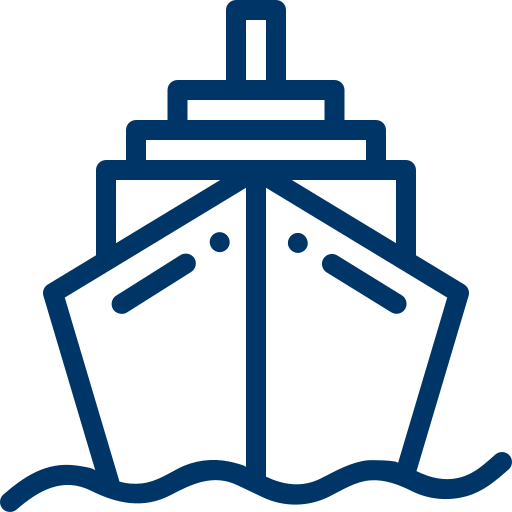By Benjamin Merrell
At European shipping week, held in late February in Brussels, the big four carriers: Maersk, CMA CMG, MSC, Hapag Lloyd, voiced their support for a proposed $5 Billion R&D fund. If established, the International Marine Research Fund (IMRF) will be used to develop the next generation of emissions-reducing technologies for the maritime industry.
This comes close on the heels of similar announcements, like this one from Jeff Bezos who is planning to invest $10 Billion into climate change research, activism, and initiatives. Microsoft also announced in January that they intend to be Carbon Negative by 2030 and by 2050 to have offset all their carbon emissions since the company’s founding in 1975.
Why are so many major companies and high profile individuals investing in green R&D all of a sudden? It’s not hard to imagine that it’s in response to the massive protests last year over the perceived inaction by governments and business over global warming. Now it seems the shipping industry is following suit, and this may force stakeholders to take action or risk being seen as a climate crisis “Villain”.
Whether these R&D efforts will prove effective or are an example of so called “green washing” remains to be seen. What is certain is that it will be years before any new technologies hit the market and in the meantime organizations big and small will need to take whatever action they can to satisfy the rising tide of anti-emissions sentiment.
Keep reading to find out how you can improve your vessel’s emissions today and while you’re at it see what you can do to combat Coronavirus port delays.
Initiatives across the industry
Given the outsized impact of bunker fuel emissions, it is unsurprising that the shipping industry is the target of criticism for its role in the climate crisis. Several initiatives have sought to address this criticism.
The IMRF is backed by a wide swathe of stakeholders, including BIMCO, shipping’s largest association, as well as the big four. In order to fund this R&D effort a $2/tonne levy has been proposed, to be payed by shipping companies when bunkering their fleets / chartered vessels. If established, the fee would be levied over the next 10 years and fund research into low emissions technologies.
Besides the IMRF, the Getting to Zero Coalition is another group supporting R&D. With members ranging from Carnival Corporation to Star Bulk Carriers and many of the world’s biggest ports (including Antwerp and Rotterdam), the coalition has the ambitious goal of developing commercially viable zero emissions vessels by 2030. In 2019 the group organized a summit for stakeholders to meet and discuss issues related to zero emissions research.
Aside from the new IMO restrictions on HSFO, industry efforts at curbing emissions seem to be aimed at R&D. However even the most optimistic road maps, like this one from Getting to Zero, do not anticipate a zero-emissions-vessel for at least 10 years. This points to the essential problem with reducing shipping emissions: there are no commercially viable low-emissions technologies currently available.
While a miracle solution may be a long way off at best, alternative options to fill the gap are available today:
Solutions Available Today
One of the best ways to improve efficiency and reduce emissions is to appoint a weather routing company like True North Marine. Weather routing can improve efficiency in a few ways:
- Delays due to storm systems can be minimized with enough foresight and planning for seasonal conditions.
- The optimal route is not always the most obvious one and an experienced router will ensure that voyage time is minimized.
- Planning is 50% of the equation but a lot can change over the course of a long voyage. Continual monitoring and adjustments based on a vessel’s actual performance will allow further efficiencies to be realized.
Weather routing also offers owners and charterers additional benefits in both dollar terms and by reducing their carbon footprint. For charterers, greater fuel efficiency = lower fuel costs and costly delays due to bad weather can be avoided. Owners can also benefit; by keeping vessels out of heavy weather undue stresses are avoided and the life of the vessel’s engine is prolonged, not to forget, a drop in costly lube oil bills even while the vessel is chartered out.
Ultimately, it is likely that all industry players, large and small, will experience increasing pressure to conform with environmentally friendly best practices. Owners and Charterers may consider communicating their appointment of a weather routing company to clients and customers in order to lend credibility to claims that they are taking action to reduce fleet emissions.
Instead of idling while the industry waits for new technologies show your clients and the public that you’re taking action now. We would love to hear from you! Contact us to learn more about our optimization strategies or to request a quote.




